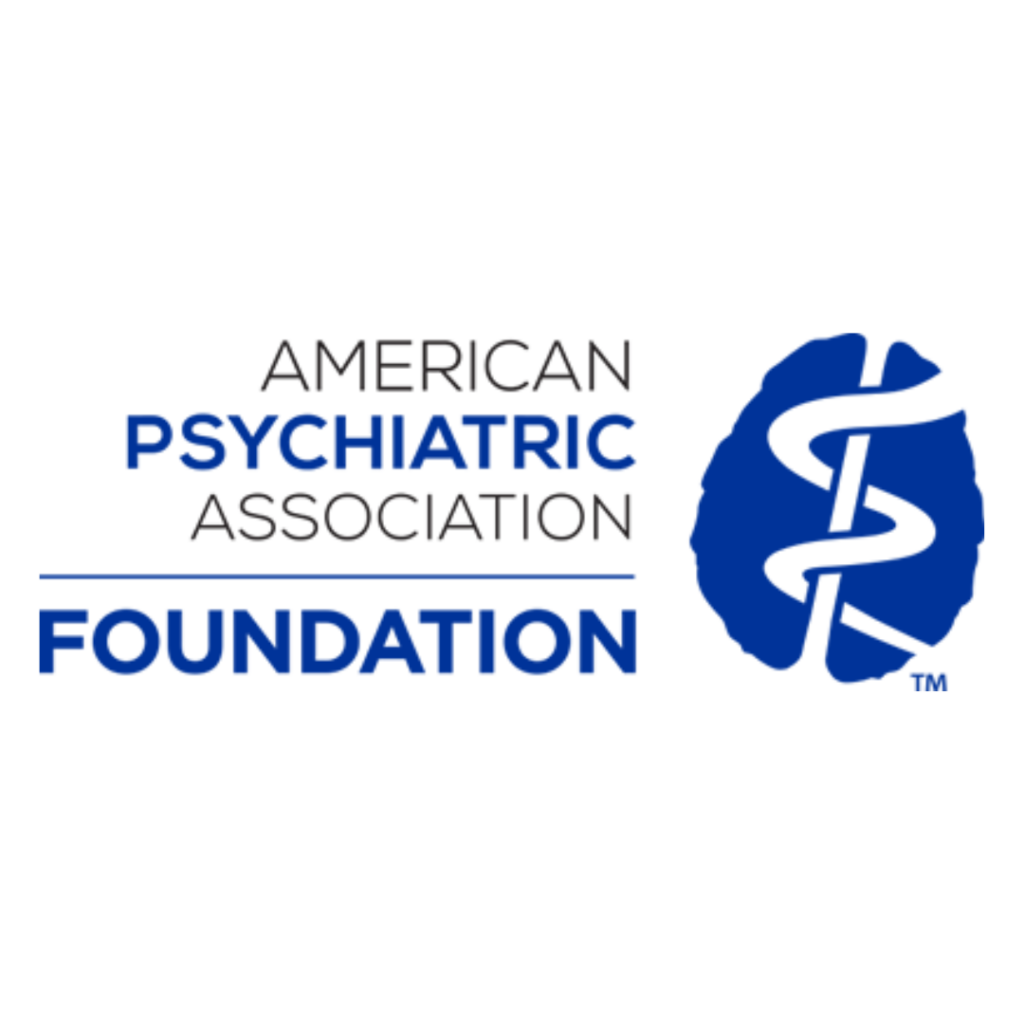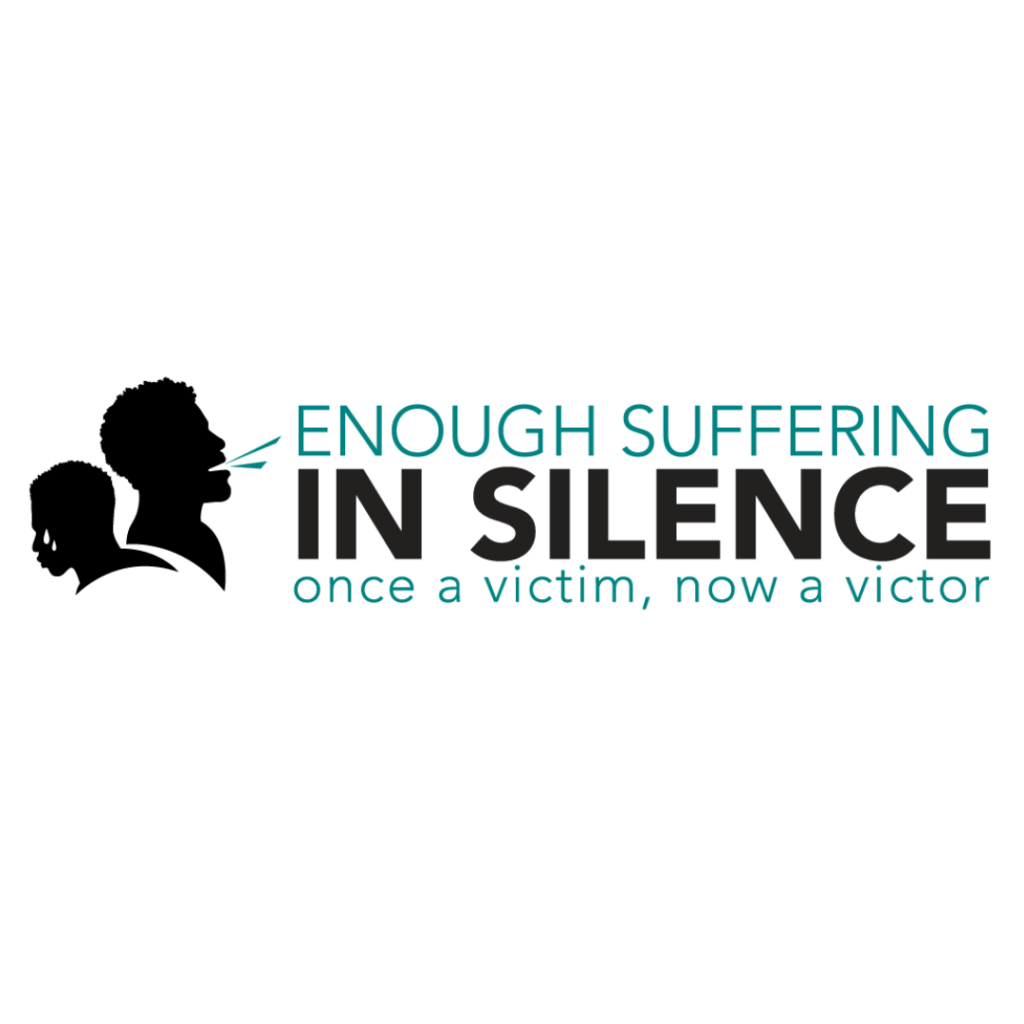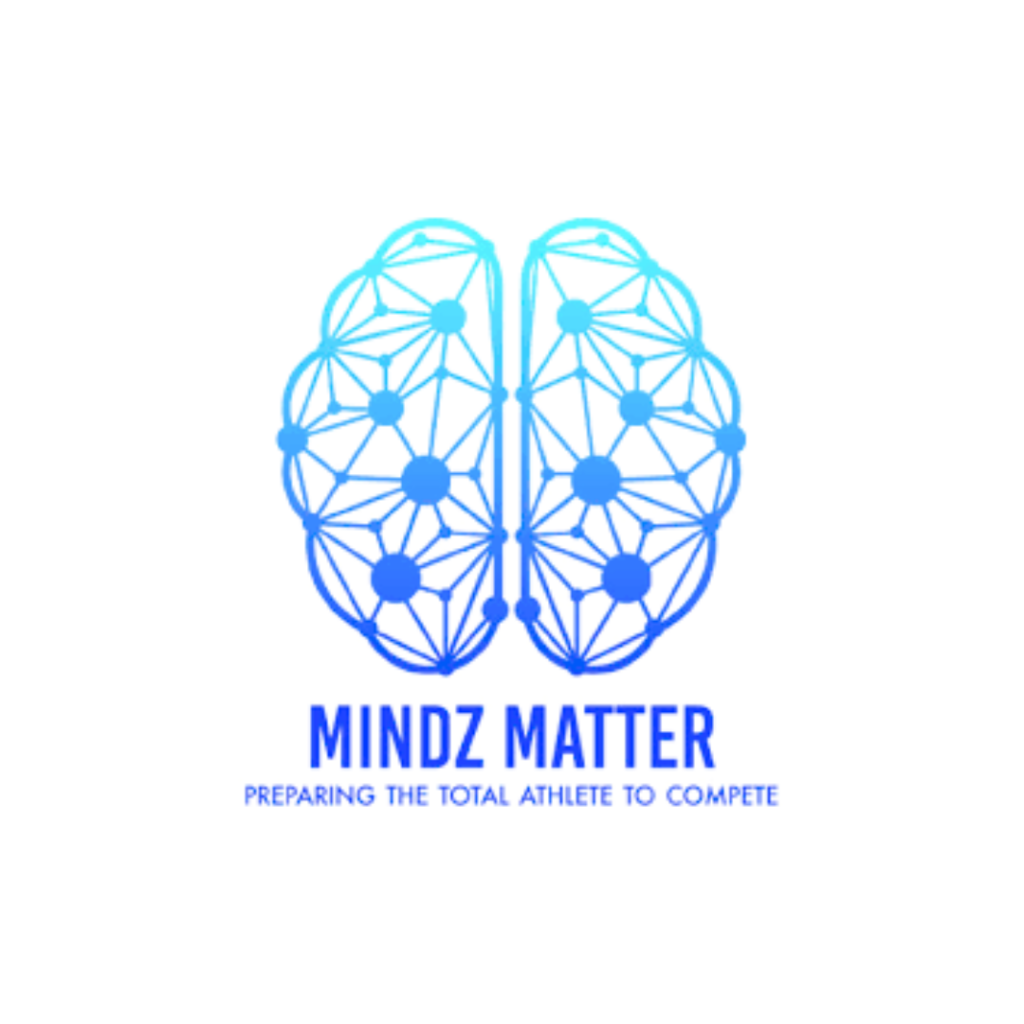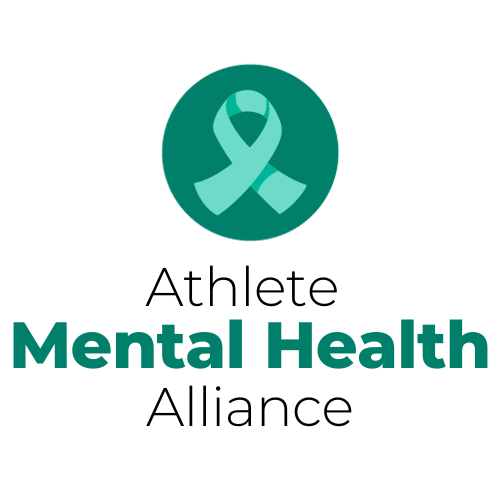
About the Athlete Mental Health Alliance
The Athlete Mental Health Alliance (AMHA) aims to leverage the lived experiences and amplify the voices of athletes demanding a change in the sport system, as it pertains to their mental health. Through research, advocacy, and partnership we aim to facilitate a national plan supporting athlete mental health, developed with athletes, for athletes.
Our vision is to lift the ‘athlete voice’ as it leads the way in mental health solutions for elite athletes. Each of these voices combined will lead the charge in working with lawmakers to establish universal legislation that would create mental health rights for all athletes.
To become a member of AHMA, please use the signup form here.
AMHA Year 1 Report
Learn about key initiatives, accomplishments and more while hearing directly from our Committee Chairs!

Alliance Committee Chairs

Robert J.F. Elsner, PhD, DMin
Research Committee Chair
Robert J.F. Elsner, PhD, DMin, is Professor and Chair of Psychology at Samford University. Having led research projects and programs in several countries, Rob is on numerous Editorial Boards and was Editor-In-Chief of Current Research in Psychology for five years. As a lacrosse player in college, as well as a former professor of Family and Community Medicine, Rob has deep personal experiences with athletes and mental health from a variety of perspectives. He has taught Sport Psychology for 20 years.

Justin E. Morales, MD
Research Committee Co-Chair
Justin E. Morales, MD is a current 4th year psychiatry resident at NYU and a rising Massachusetts General Brigham (Harvard) Addiction Fellow. After getting his BS in Biology, he served as Class President all four years at Howard University College of Medicine and graduated with academic and professionalism honors (AOA and GHHS). He is getting subspecialty training in addiction, with other interests in sports psychiatry, interventional neuromodulation, and psychotherapy.

Doria Josma
Legislative Committee Chair
Doria hails from NYC and holds a bachelor of science in political science and a master’s in public administration. Her background entails policy analysis, advocacy, and equity-centered leadership. With over a decade in the nonprofit sector, her experience spans direct service and administration. She is a fundraising and philanthropy professional with expertise in developing initiatives that target key social issues, raise visibility to donors, sponsors, and clients, and help drive value to non-profit brands. Doria is passionate about arts and culture, social justice, and youth and girls/women empowerment and is the Founder of Your Why LLC.

Matt Triplet
Legislative Committee Co-Chair
Matt is currently the head boys lacrosse coach at St. Francis DeSales High School in Columbus, Ohio, has a professional career in commercial banking and is currently the Policy and Advocacy director for Alston for Athletes. Matt played lacrosse for The Ohio State University and has been coaching at DeSales since 2005, winning State Championships in 2012, ’18, ’22, & ’24. Matt has always been passionate about the mental aspect of sports, but his advocacy work began as a result of a troubled player who reached out for help in the summer of 2018. Matt’s experience taught him that he was il-equipped to know what to do when a player came to him for help without formal training.
As a result, Matt organized Central Ohio lacrosse coaches to be trained in Mental Health First Aid in the fall of 2018 after seeing the value and importance of being trained. During the pandemic of 2020, many coaches who couldn’t attend the training began to reach out to him for help with their players who were suffering mental health crises. Matt knew that the troubles he saw couldn’t be isolated to one sport or group of coaches, so he decided to act and pursued a legislative path to ensure all high school coaches in the State of Ohio are equipped with Mental Health training via a requirement in the training curriculum for coaching certification through the State.
After a lot of time, help, and research, Matt’s legislation would ultimately be included in Ohio HB33 and signed in to law the summer of 2023, the first legislation of its kind in the country…requiring high school coaches to have mental health training to be able to coach high school sports. Matt has helped advise with similar legislation passed in Maryland and Virginia and is currently advising with similar legislation in multiple states.
Matt believes that coaches need to understand that winning and understanding mental health aren’t separate, but linked with together.

Kaitlyn Lyle
Athlete Committee Chair
Kaitlyn is a former Division 1 gymnast and a graduate of the University of California, Davis, with a degree in Psychology and double minors in Education and Spanish. She is committed to being a voice for athletes of all backgrounds and levels, advocating for their mental well-being and representation within the sports world and beyond.
Working alongside researchers, legislators, and athletes, she strives to advance mental health initiatives in legislation while helping coaches find a healthier balance—pushing athletes to perform at high levels without compromising their well-being. She is particularly passionate about the connection between mental health and athletic performance, focusing on integrating psychological tools into coaching to establish sustainable support systems for athletes.
Her ultimate goal is to destigmatize mental health in athletics and dismantle systems that prioritize athletic achievement over the human being behind it.

Anna Hodge
Athlete Committee Co-Chair
Anna is an undergraduate student at The Ohio State University, where she studies marketing with a minor in leadership studies. Her passion for leadership and athlete development has grown through her involvement with the university’s novice rowing program, where she discovered a calling for coaching. Anna is deeply committed to fostering an environment where athletes grow not only in their sport but also as individuals.
With a coaching philosophy rooted in empowerment, Anna believes a coach’s impact extends far beyond technique and training—it’s about building confidence, character, and community. She strives to be the kind of coach who helps athletes recognize their own potential through consistent belief and support. After college, Anna plans to pursue a career in coaching, where she can continue to inspire and uplift the next generation of athletes.
Alliance Members





Athlete Mental Health As A Human Right
Studies have shown that elite athletes are at the same risk of mental disorders as the general public. This risk is magnified amongst athletes who are injured, retired/retiring, and performing below expectations. To date, there is no systematic process at the elite level for screening, intervention, or support around athlete mental health; and no one entity who is responsible for this system of care.
A growing coalition of athletes, athlete mental health organizations, nonprofits, and allies propose the creation of Athlete Mental Health Guiding Principles, supporting athletes across all levels of play, starting with youth sports development programs through elite athlete organizations and teams.
Our research on athlete mental health resulted in the following draft guiding principles, stating that athletes have the rights to:
- Healthy bodies and healthy body images
- Support in career transition
- Adequately manage injury
- Mental health support for performance on and off the field
- Timely referrals to mental health experts for psychological disorders and conditions
- Training, education, and awareness focused on the importance of mental wellness, identifying mental health conditions, and finding mental health resources
- Coaches and trainers who are trauma-informed, and have some level of mental health training
- Equal and equitable access to mental health
View the policy brief here.
AHMA Origins
Want to see how AMHA came to be? Check out some highlights from our Day on the Hill in May 2023.
Our Work
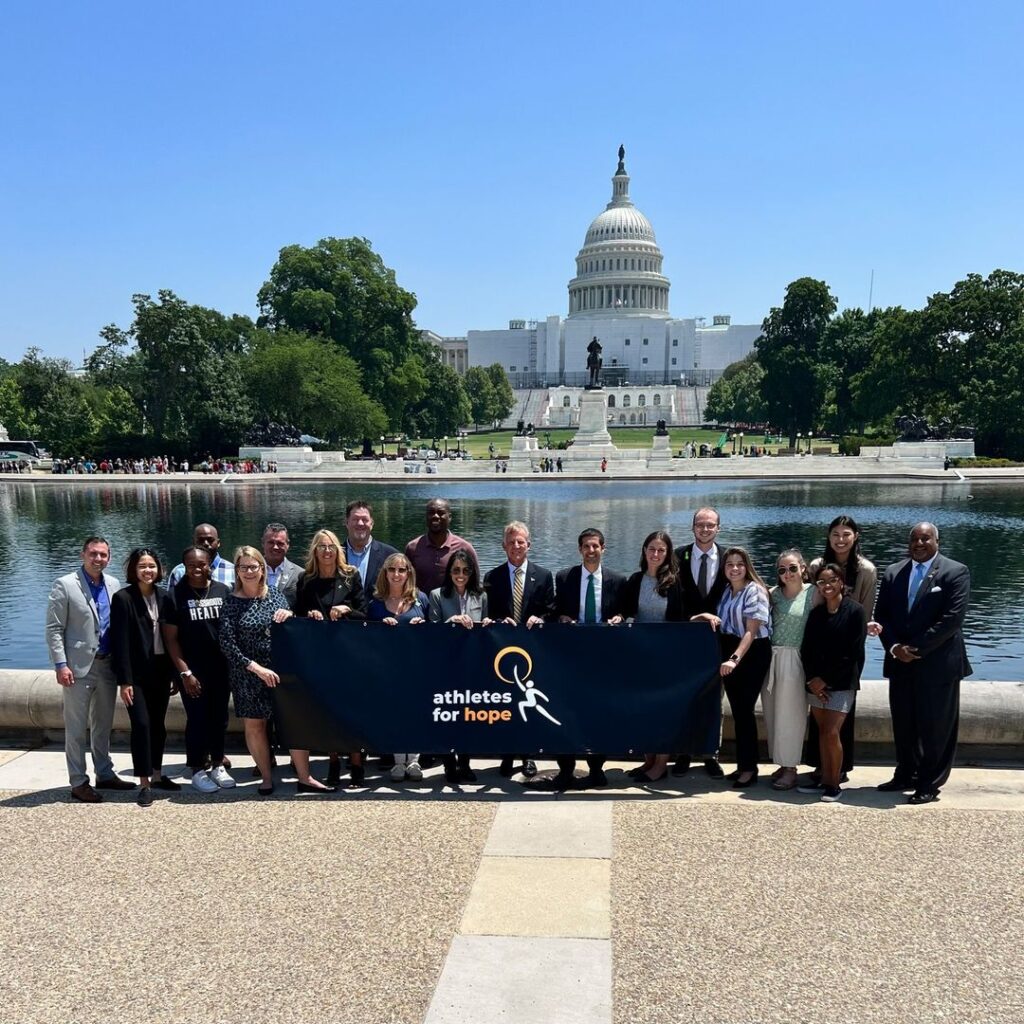
Athlete Mental Health Advocacy Day
On the morning of Wednesday, May 31st, 2023, Athletes for Hope (AFH) hosted its first Athlete Mental Health Advocacy Day at the U.S. Capitol.
Read more here.
Pledge To Reach Out
The first step to addressing mental health is by shattering the stigma & creating community. Seemingly small acts of checking in or offering support are more than kind – they can be lifesaving. Join athletes all over the country in pledging to say to others: “You are not alone.”
Add your name to the Pledge here.

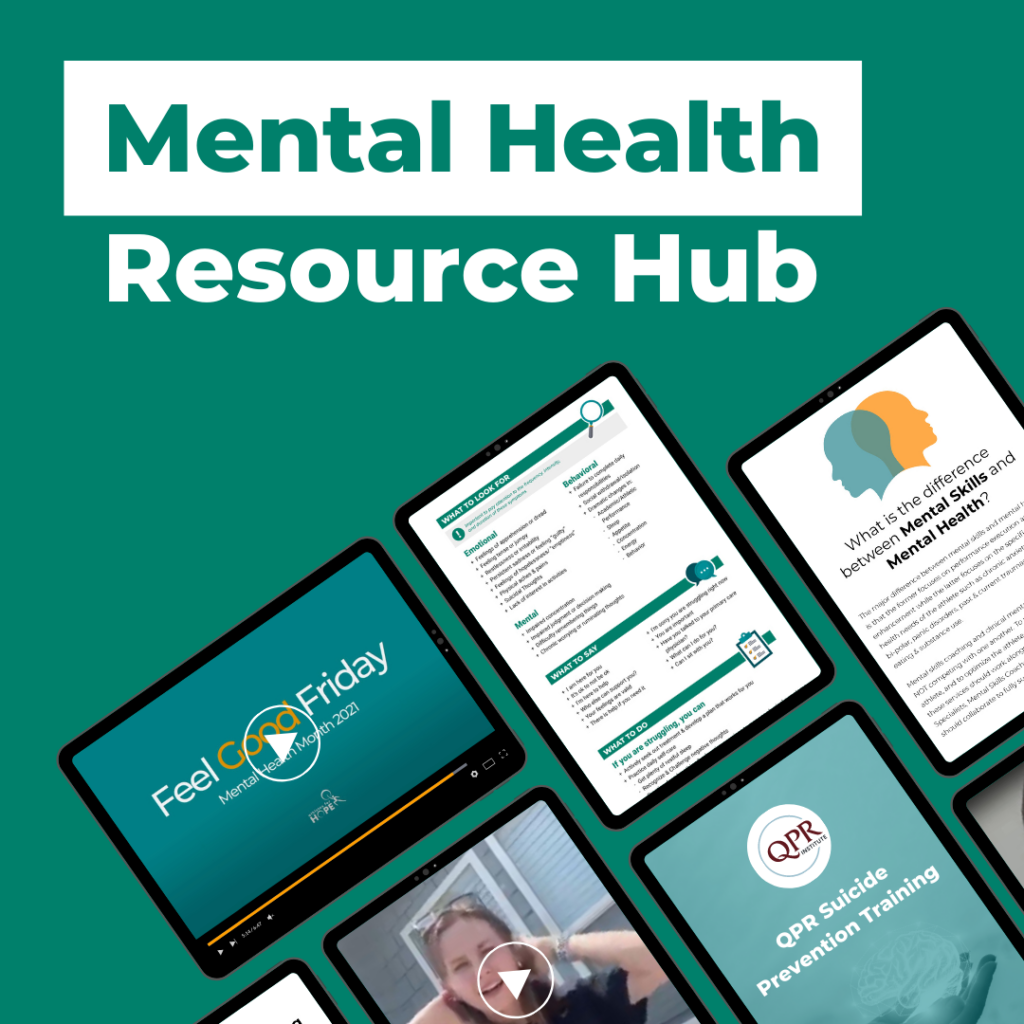
Mental Health Resources
From crisis hotlines, to how to support teammates, to tips on how to stay mindful, there are so many resources available to support mental health. The Mental Health Resource Hub will be frequently updated with new content.
Access the Resource Hub here.
Athlete Mental Health Legislation
- Ohio House Bill 33
- Tucked into House Bill 33, Ohio’s budget bill, is a provision requiring all coaches to undergo mental health training. The goal is to help them identify students who are struggling, find them the help they may need, and hopefully, prevent them from hurting themselves or anyone else.
- Maryland House Bill 375
- Requiring the State Department of Education to develop guidelines for public schools and the Maryland Higher Education Commission to develop guidelines for public institutions of higher education to train coaches to recognize indicators of mental illness and behavioral distress in students who participate in athletic programs in public schools and public institutions of higher education; requiring public schools and public institutions that offer athletic programs to provide certain training to coaches
- TEAMS Act
- The Targeting Emotional And Mental Stability (TEAMS) Act would allow school-based initiatives supporting the mental health needs of college athletes to be eligible for the Garrett Lee Smith (GLS) Campus Suicide Prevention Grant Program. This grant targets mental health services at college students, including those at risk for suicide, depression, serious mental illness/serious emotional disturbances and/or substance use disorders that can lead to school failure.



